CHELSEA — More than a hundred years after their deaths, more than 40 soldiers interred at Riverside Cemetery were finally put to rest with honor Monday as the nation spent Memorial Day remembering the men and women who died while serving the U.S. in battle.
“We are here today to honor a very special group of American service members whom we cannot personally thank,” Master Chief Roger Line, U.S. Navy, Ret., told a morning gathering at the North Monmouth War Monument. “We see these warriors only through the eyes of a Gold Star family, the widows, children, parents and siblings.”
Memorial Day was marked by solemn services and festive parades held throughout the region, including Riverside Cemetery in Chelsea where 44 Civil War soldiers were remembered and honored for their sacrifice in defense of their nation more than 100 years after their deaths.
“We are here to honor these men and attempt to right a wrong,” said master of ceremonies Lee Burns.
The soldiers have at least two things in common besides their final resting place. All were wounded in battle and all were honorably discharged.
But the demons they brought into the war, or those they met in battle, followed them home again. They came to live at the National Home for Disabled Volunteer Soldiers, now known as VA Maine Healthcare Systems — Togus, but all were forced out by un-military behavior, such as drunkenness, promiscuity or stealing. The veterans were thus denied a military burial at the time of their deaths. Instead of brass bands, an honor guard, grieving fellow soldiers and relatives, most of the men had a pauper’s funeral. If they were fortunate, a couple of people would show up to mark, if not mourn, their passing.
Brig. Gen. David Greer, U.S. Army, Ret., told the dozens of people who gathered for the ceremony that the men were denied a proper funeral, “not because of anything they did during the war, but because of their unwillingness or inability to maintain military discipline as civilians.”
Libby Doak and Sharon Burns, who have spent the past several years researching the veterans in Chelsea cemeteries, gathered records of the 40 men and learned their stories. The women a few years ago added flags to the men’s stones, but this year they wanted to do more. They settled on Memorial Day to give the men the final send off the women feel they deserved. The ceremony, held at the cemetery, included a Military Funeral Honors service, a musket salute by the reenactors of the Third Maine and a cannon salute.
Greer said many of the disabled veterans who went to the national home after their service did so because they had no friends or family to help them. The men were required to sign over their pensions, buy their own uniforms and work daily for pennies while living under the military rules of war. The home would sell the men beer and make a profit on it, but the men were not allowed to have their own stash of liquor.
Greer said the veterans proved easy prey for bootleggers hoping to move their liquor across Maine, which was a dry state. The sheriff could not follow the men onto federal property.
“You fall out before dawn for inspection and infractions of the rules are swiftly punished,” Greer said. “You can be fined, jailed, forced to work without pay for months at a time. All looked for a haven and found they had re-enlisted. Many adjusted. Some could not. The men we honor today simply could not adjust.”
Some of the men were forced out of the home, others left on their own, but without money and a long way from home or family, many lived in shanties just outside the federal property. The Togus Governor, Gen. Luther Stephenson, declared the men unfit for the title of veterans or to receive military honors upon their deaths.
“Living so close to Togus, these men heard, nearly daily, the brass band leading the caisson carrying the coffin of the honored dead, the tramp of feet as their fellow soldiers accompanied the deceased to his final resting place,” Greer said. “They could smell the smoke of the rifle salute and hear the haunting notes of Taps calling their brother to his final rest. And they knew all of this would be denied them. A box, a grave digger and a pauper’s grave were all they were deemed worthy of.”
Honoring the men does not condone their behavior after the war, Greer said, but neither does that behavior eliminate the honor with which the men served and the blood they spilled for their nation. Greer recalled Gen. Joshua Chamberlain’s orders upon the surrender of Confederate troops at Appomattox for his men to stand at attention and present arms as a tribute to the defeated southern soldiers. Chamberlain believed the men from both sides, who had hours before tried to kill each other, were brothers in arms.
“In that spirit, if the men of Maine could honor those who fought against them, then the people of Maine must honor those who fought for them. It’s these soldiers’ right to be honored and our duty to honor them. We are over 100 years late, and all those they served with have gone to their final rest, but we stand today in place of their comrades to remember and to finally say thank you to these soldiers for their sacrifice.”
That same spirit of honoring soldiers who paid the ultimate sacrifice permeated ceremonies around the state, including a morning memorial service in Monmouth at the war monument near Mill Pond. The service included the Monmouth Academy band, a reading of the Gettysburg Address and a rendition of the National Anthem.
“This day is sacred,” said Tracy Gray, post commander of Monmouth’s American Legion Post 204. “We honor those who have given their lives in service to our country.
Line recalled the roots of Memorial Day, which was first known as Decoration Day when established on May 5, 1868, by Maj. Gen. John Logan, head of the Union army’s veterans’ organization, the Grand Army of the Republic. Logan invited people to decorate graves of fallen soldiers. Decoration Day became Memorial Day 14 years later.
“Since the inception of that first ceremony, our country continues to sanctify those who have given the ultimate sacrifice,” Line said.
A 30-year Navy combat veteran, Line recalled his time serving as a flight engineer aboard a P-3 Orion during Operation Desert Storm in 1991. Line and his 11 crewmen were patrolling the skies over the Red Sea when they were called to try to find Navy pilot Lt. Michael Scott Speicher, who was shot down in the war’s opening moments. Line’s plane was ultimately called off the mission because it was not armed, but he said he has never forgotten Speicher, who was listed as missing in action. Line was among the thousands of sailors who in 2009 gathered along Yorktown Avenue in Jacksonville, Florida, when Speicher’s body was returned to the United States.
Speicher’s remains were discovered by Marines engaged in another war in Iraq, this one prompted by the attacks of Sept. 11, 2001. One of Line’s friends, Joe Pycior Jr., who was serving with him on the P-3 Orion the night Speicher was shot down, was killed when Islamic terrorists flew American Airlines Flight 77 into the Pentagon. Line was a pallbearer at his funeral.
“Our attendance here today is a resounding testament to an American public grateful for the freedoms and liberties supplied through the heroics of men like 1st Class Aviation Warfare Systems Operator Joseph Pycior Jr. and Capt. Michael Speicher,” Line said. “This is an uncertain world and no matter how safe we may feel, our freedom is a highly valued, targeted commodity. Never forget, never let your children forget, how fortunate we are to have a voluntary force of men and women willing to safeguard our freedom so we can rest soundly at night.”
Craig Crosby — 621-5642
Twitter: @CraigCrosby4
Send questions/comments to the editors.

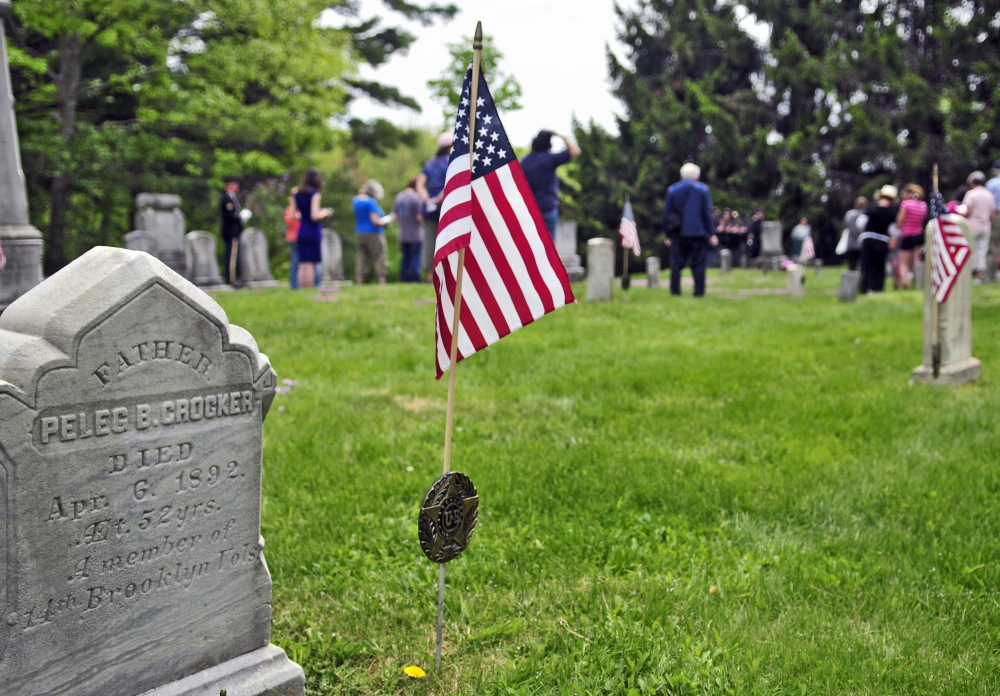
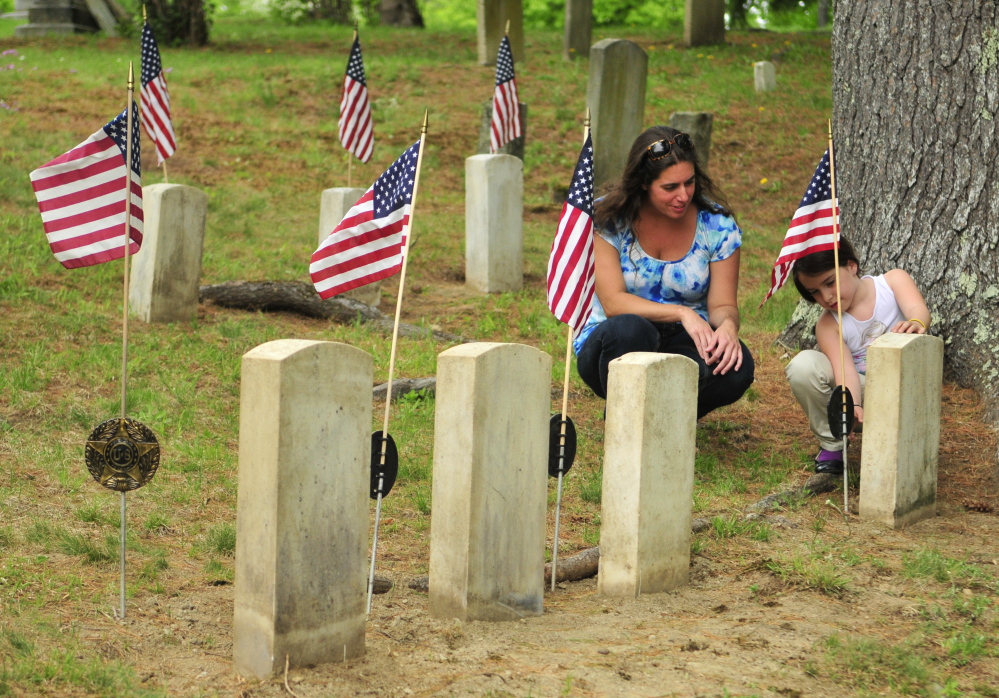


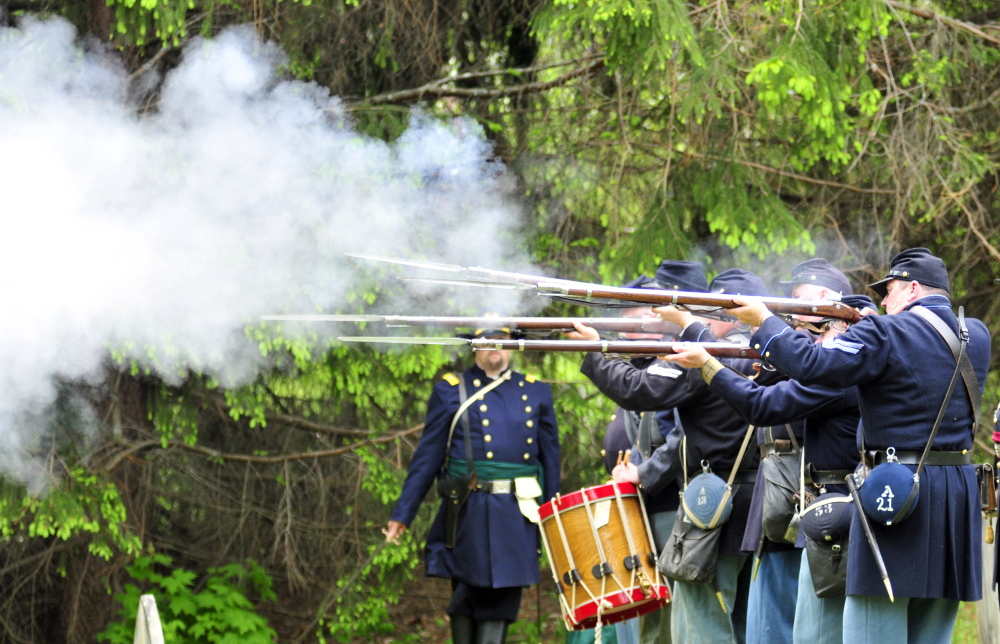
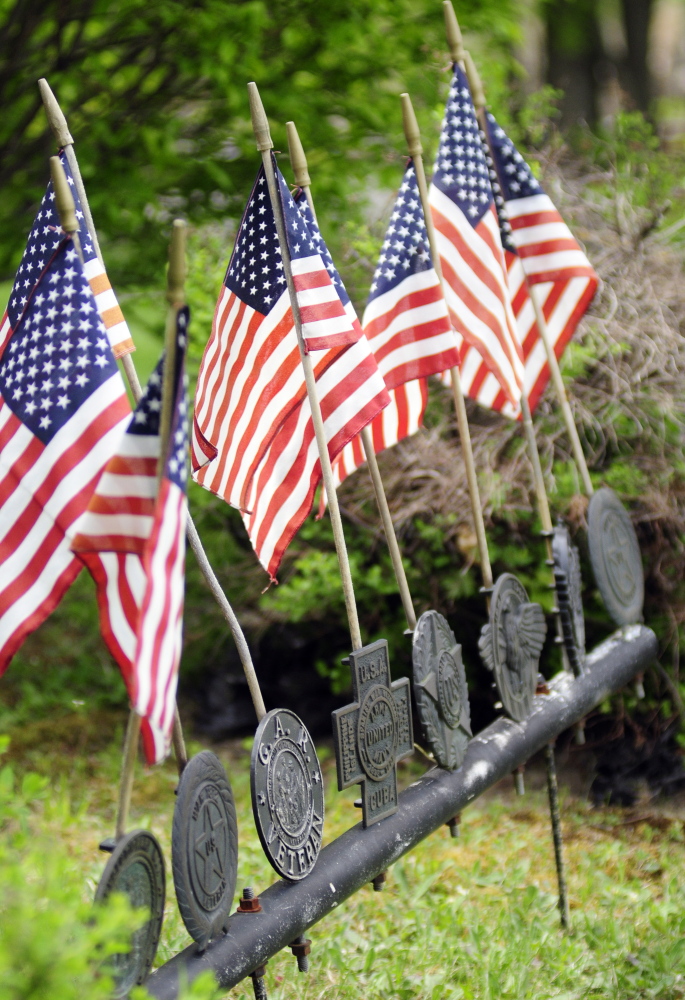

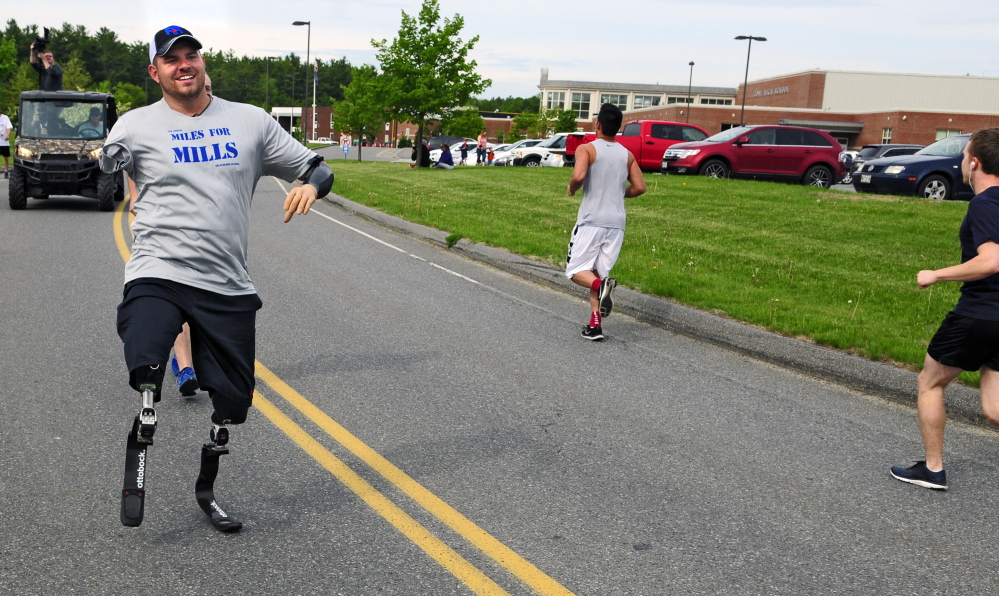
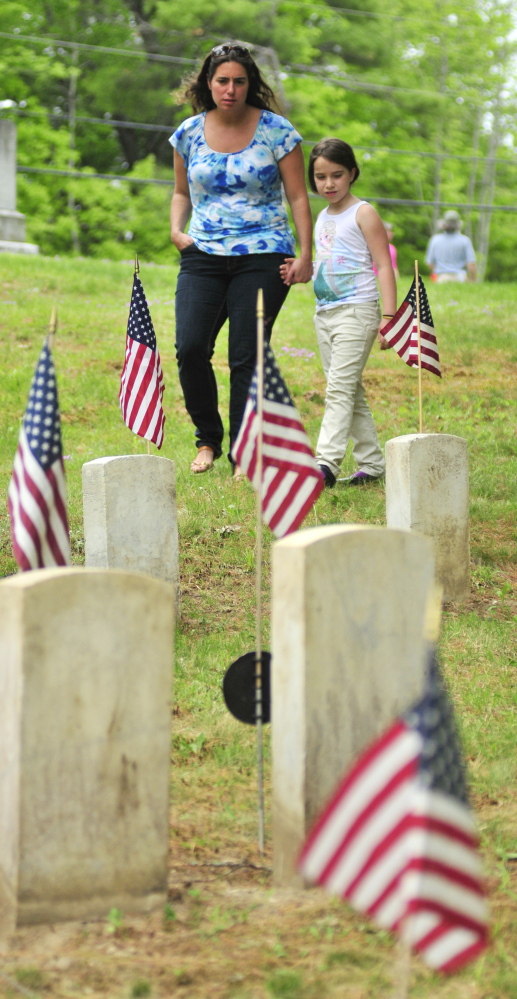
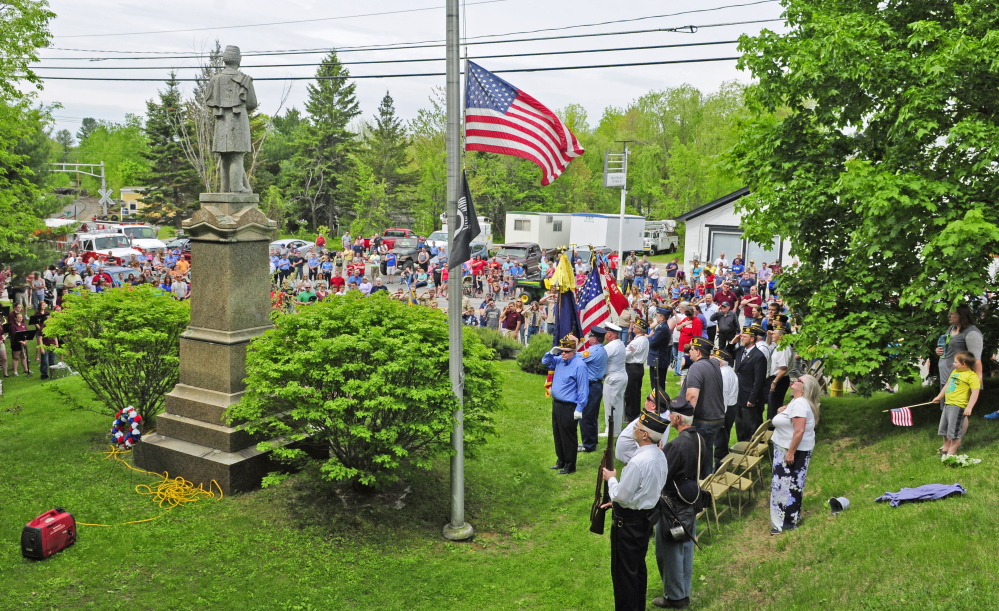
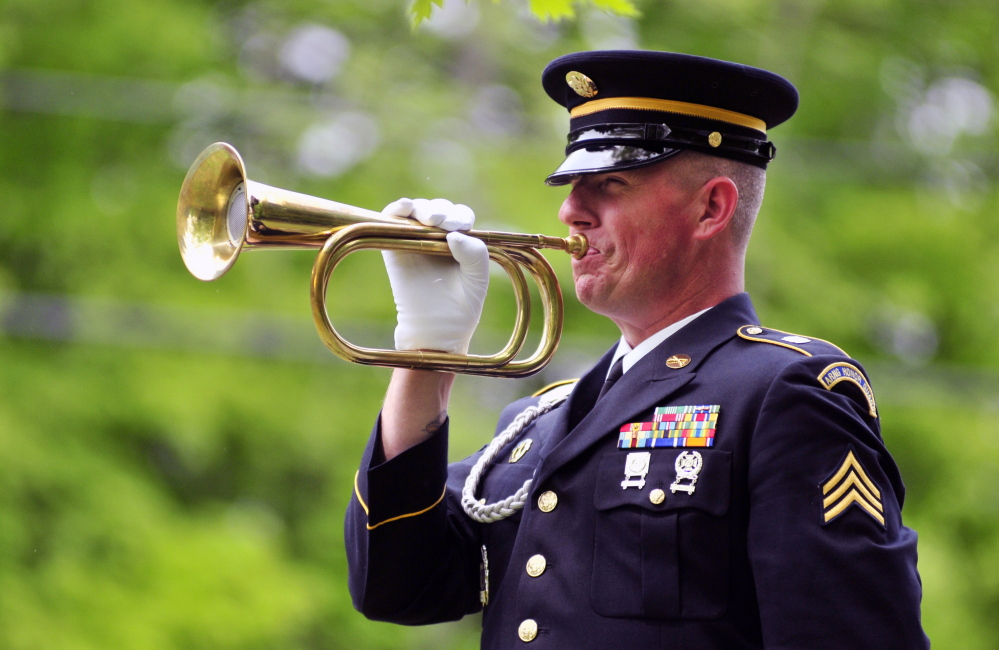
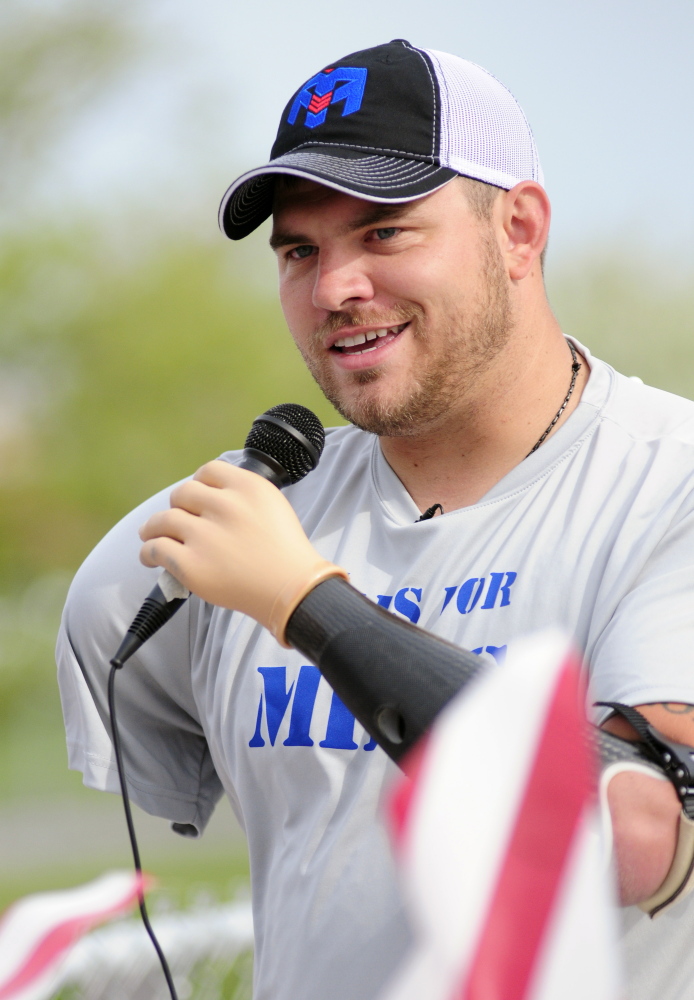
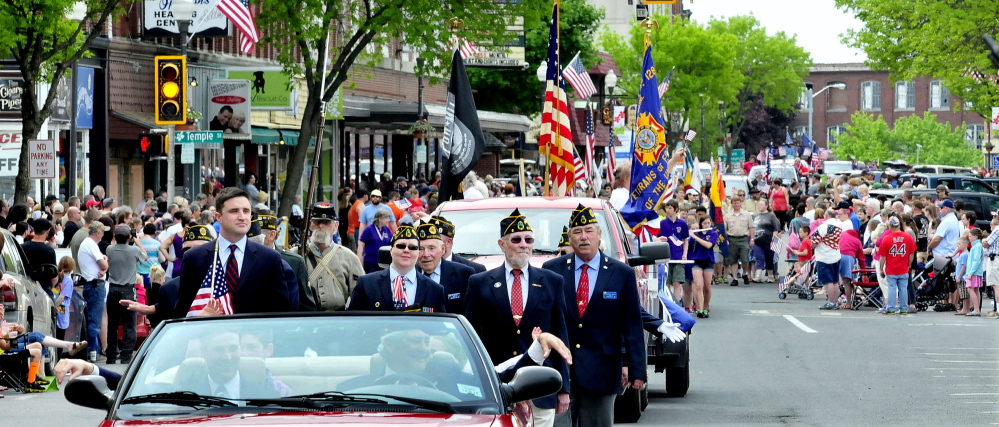
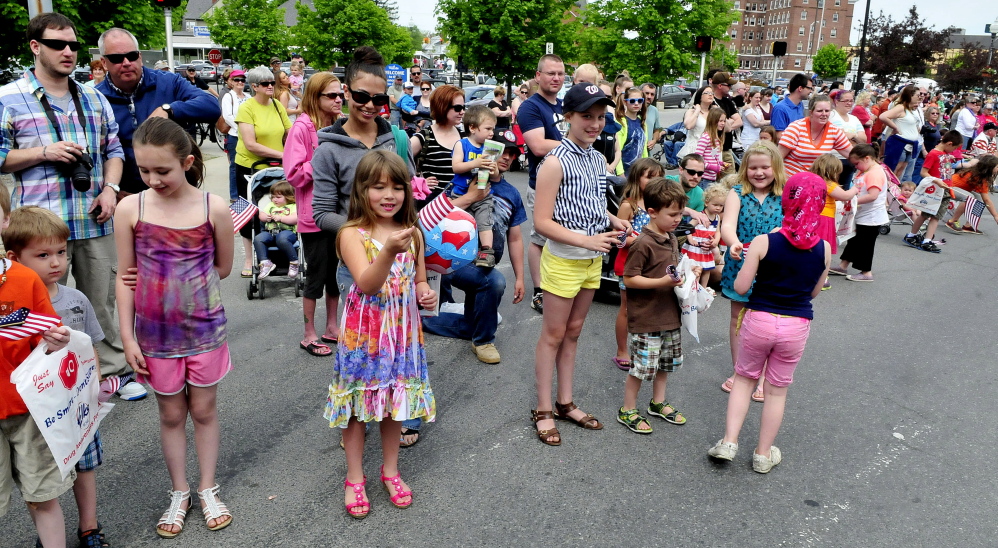
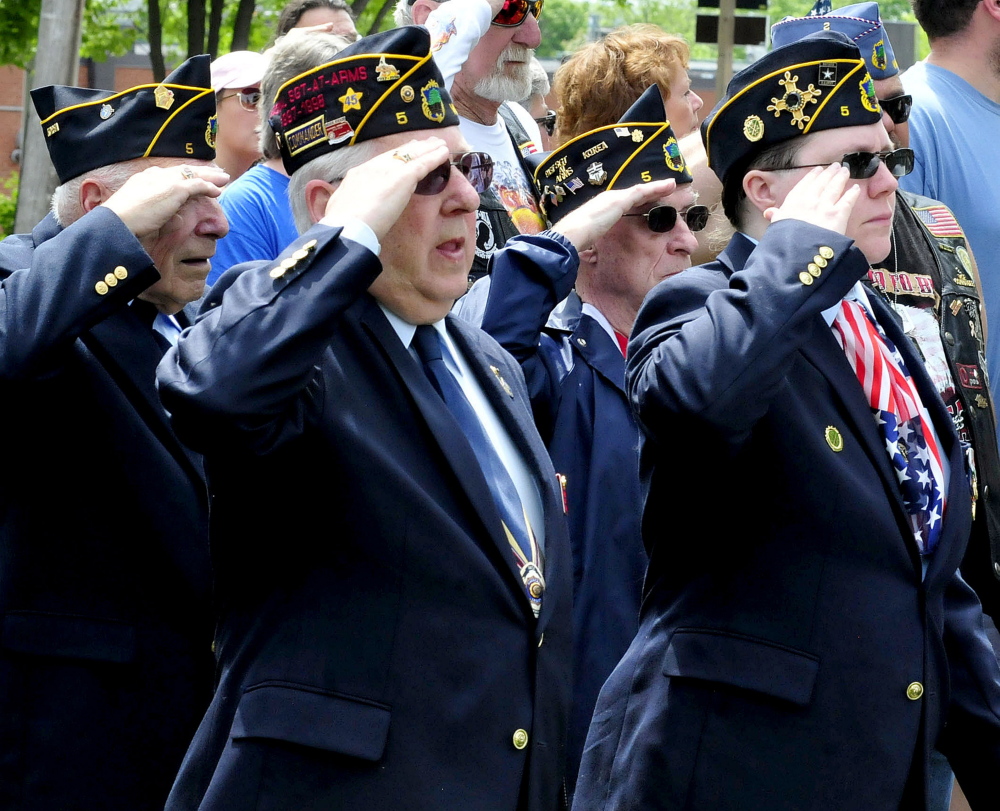
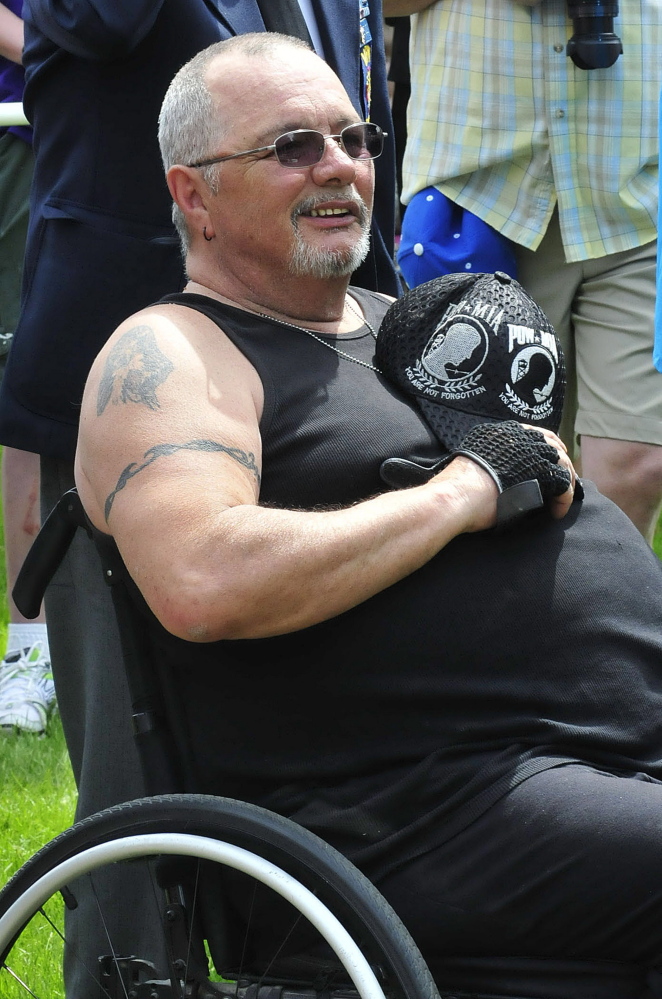

Success. Please wait for the page to reload. If the page does not reload within 5 seconds, please refresh the page.
Enter your email and password to access comments.
Hi, to comment on stories you must . This profile is in addition to your subscription and website login.
Already have a commenting profile? .
Invalid username/password.
Please check your email to confirm and complete your registration.
Only subscribers are eligible to post comments. Please subscribe or login first for digital access. Here’s why.
Use the form below to reset your password. When you've submitted your account email, we will send an email with a reset code.